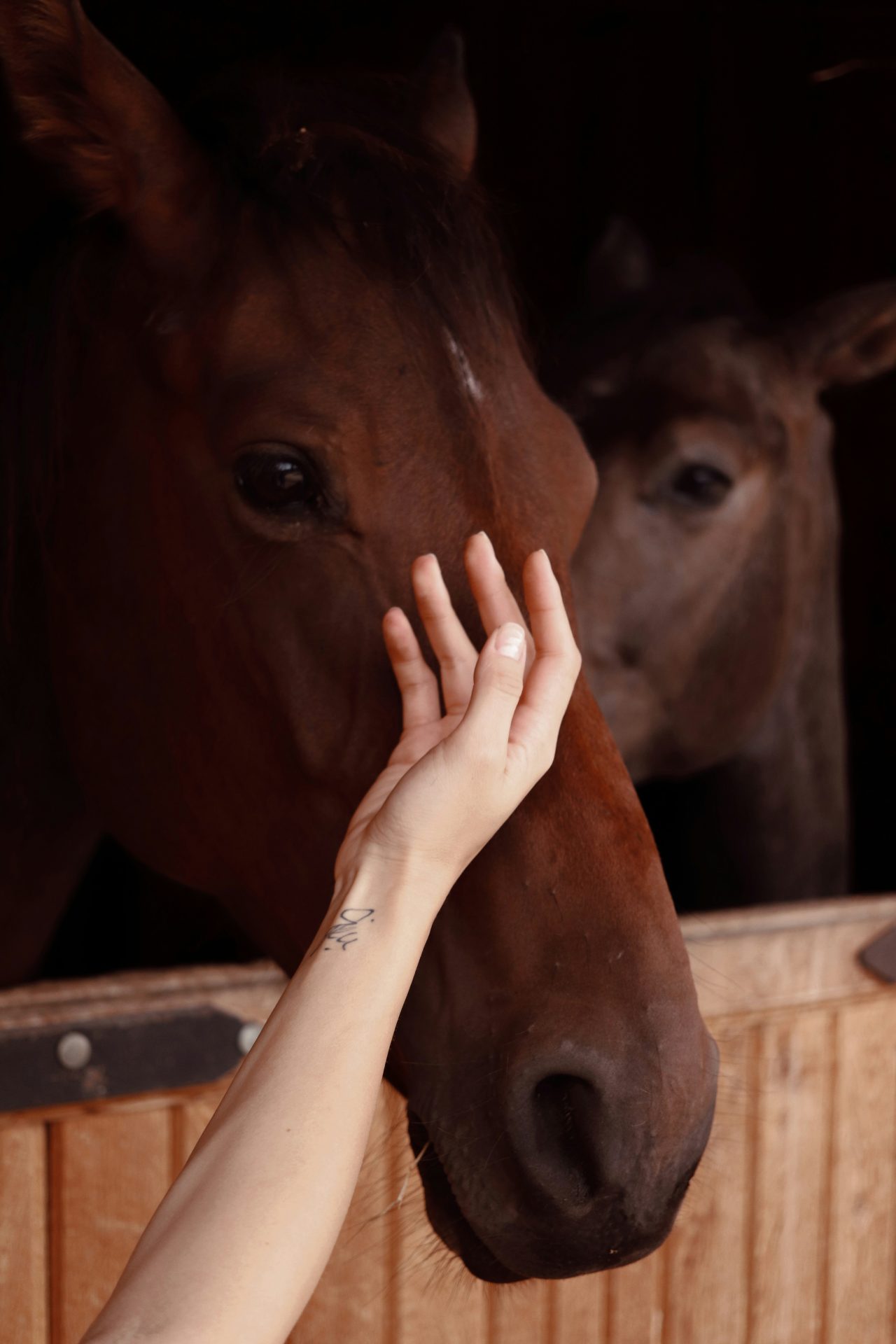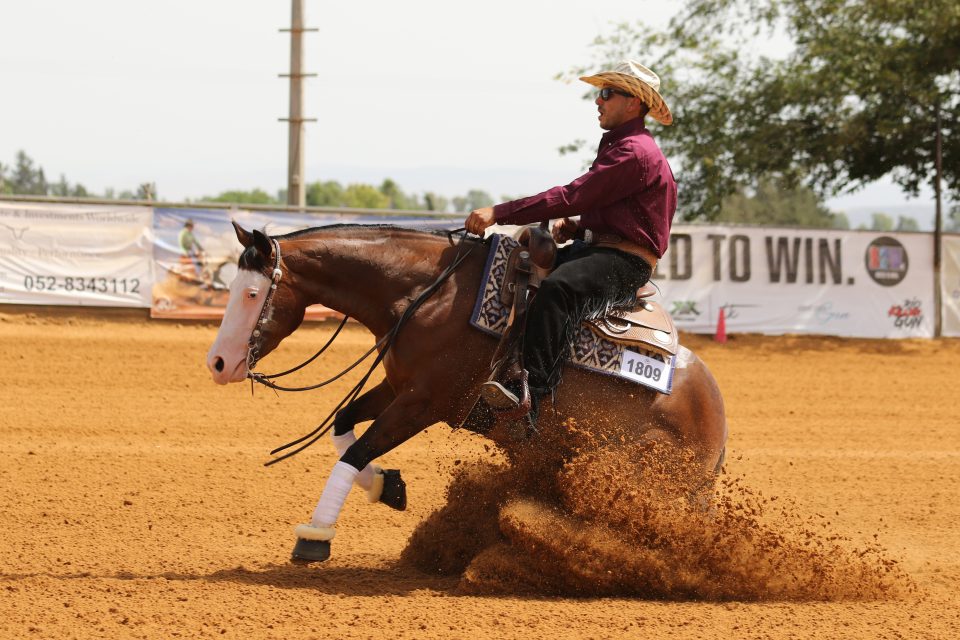Illnesses, accidents, and emergencies can leave a horse’s future in limbo. Whether it’s your own horses or your client’s horses, planning for the worst-case scenario ensures that horses are taken care of in your absence.
By Katie Navarra

It’s human nature that we don’t like to consider our own mortality. It’s just too morbid. Yet, we all know that life can be unpredictable. In a split second, a disease, a car accident, or an act of nature can alter or end a person’s life. Such circumstances can leave the injured, ill, or deceased individual’s horses in limbo.
“Emergency decisions are made in supremely stressful situations that are not conducive to rational decision-making,” said Denise Farris, a Kansas-based attorney who specializes in equine law. “Sadly, many of these horses left behind are turned out to pasture or go to persons or entities that’d not be the first choice of the departed owner.”
Quick decisions in these situations can have unforeseen consequences or negative results.
“Isn’t it much better to control the future of a valued horse, rather than leaving it to chance?” she asked.
As if planning for an unexpected death isn’t challenging enough, trainers are burdened with considering the matter from two perspectives: One as a personal horse owner and the other as business owner responsible for someone else’s horse, said attorney Peggy R. Hoyt, a horse owner and the author of All My Children Wear Fur Coats.
“A trainer has to consider what happens to a horse when a client dies,” she said. “You need to know how you’re going to get paid, where the horse is going to go, and you may even want the first right of refusal to buy the horse.”
It’s more productive to evaluate these decisions before an emergency arises. This allows for options to be weighed in a mindful and deliberative manner so that bad decisions can hopefully be avoided. Advanced planning provides the opportunity to create a safety net. This ranges from lining up contingency plans to setting aside finances and securing the consent of all the parties involved.
In this four-part series, we’ll cover:
Part 1: Pets and Estate Planning
Part 3: Creating a Trust or Will
Part 4: Saving for Long-Term Care
Choosing a Caretaker
The first step in providing for care for a horse is choosing a caretaker or guardian. A spouse, family member, or friend who’s willing to accept the horse is the best place to start, Farris said. Not all family members share a love of horses. If family and friends are unwilling or unable to care for your horse, trusted professionals such as a mentor, a farrier, or a veterinarian may be a better option.
But Hoyt encourages clients to split the role of caregiver and trustee (i.e., the person who manages the assets in the trust).
“It’s critical to choose these people carefully,” she cautioned. “You don’t want the person who’s in control to be wishing the horse dead, so they can inherit the rest of the money.”
Initiating conversations that address “what-if” scenarios can be awkward. Most people are uncomfortable talking about contingency plans. Sharing your wishes with a designated individual gives your horses a better chance of finding suitable homes in unplanned circumstances. Encourage your clients to do the same.
During the discussion, outline how you would like your horse to be cared for, and identify any special health needs. Ask if the person is comfortable accepting the responsibility, and encourage them to voice any concerns.Attorneys and financial planners with expertise in estate planning, and specifically in establishing pet trusts, can provide guidance during the planning process.
Conclusion
Estate planning can be daunting. No one wants to dwell on worst-case scenarios. Taking the time to have uncomfortable conversations without the pressure of life-altering circumstances looming means you’ll have an opportunity to thoroughly weigh your options.
“If you truly love and value your horses, and you’re unsure of your heir’s ability to recognize your wishes concerning the disposition of your horses upon your death, then it’s much better to have a plan in place that you’ve created,” Farris said.
Hoyt added that even if you or your client don’t establish a trust, spend time thinking about what happens to the horses in the event of tragedy.



